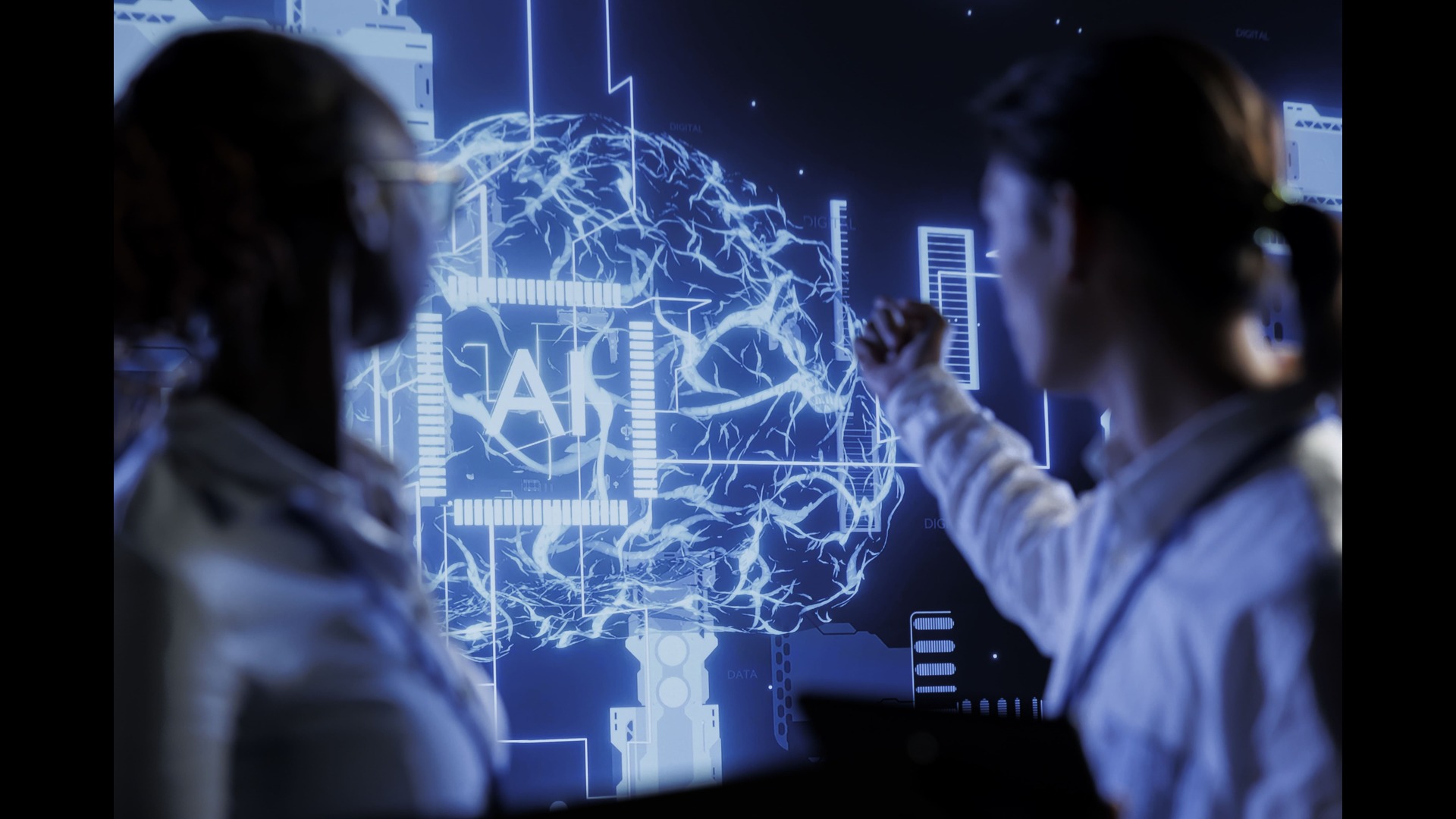
Artificial intelligence (AI) is transforming the healthcare landscape, offering unprecedented opportunities for improving patient outcomes, reducing costs, and enhancing the efficiency of healthcare services. Here are some key areas where AI is making a significant impact:
1. Enhanced Diagnostics and Early Detection
AI algorithms, especially those leveraging machine learning, are becoming essential tools for diagnosing diseases at their earliest stages. By analyzing medical images, AI can detect anomalies that might be missed by the human eye. For example, AI-powered systems are now capable of identifying early signs of cancers, such as breast and lung cancer, with remarkable accuracy, allowing for timely intervention and improved survival rates.
2. Personalized Treatment Plans
AI helps in the development of personalized treatment plans by analyzing a vast array of patient data, including genetic information, medical history, and lifestyle factors. This approach enables healthcare providers to tailor treatments that are more effective for individual patients, minimizing adverse effects and improving overall health outcomes. AI-driven platforms like IBM Watson Health are already aiding oncologists in choosing the most appropriate cancer treatments based on a patient’s unique genetic profile.
3. Operational Efficiency in Healthcare Facilities
Hospitals and clinics are utilizing AI to streamline operations and enhance patient care. AI can optimize scheduling, predict patient admission rates, and manage inventory. For instance, predictive analytics can forecast patient influx during flu season, allowing facilities to better allocate resources and staff. Additionally, robotic process automation (RPA) is handling routine administrative tasks, freeing up healthcare professionals to focus more on patient care.
4. Remote Monitoring and Telehealth
The rise of wearable technology and remote monitoring devices has been bolstered by AI, which processes the continuous flow of health data from these devices. AI algorithms can detect irregularities in vital signs, prompting early interventions before a condition worsens. This technology is especially beneficial for managing chronic diseases such as diabetes and heart conditions. Furthermore, AI-powered chatbots and virtual assistants provide 24/7 support, answering patient queries and triaging concerns to appropriate medical staff.
5. Drug Discovery and Development
AI is accelerating the drug discovery process by predicting how different compounds will interact with targets in the body. This capability significantly reduces the time and cost associated with bringing new drugs to market. AI models can analyze vast datasets to identify potential drug candidates and predict their success rates in clinical trials, thereby streamlining the R&D phase.
6. Improving Patient Experience
AI is enhancing the patient experience through personalized healthcare services and support. Virtual health assistants can provide patients with tailored advice and reminders for medication adherence. Natural language processing (NLP) enables these AI systems to understand and respond to patient inquiries in a human-like manner, improving engagement and satisfaction.
Conclusion
The integration of AI into healthcare software development is not just a futuristic concept but a present-day reality that is revolutionizing how healthcare is delivered and experienced. From early diagnostics to personalized treatments and operational efficiencies, AI’s potential to transform healthcare is vast. As technology continues to advance, the collaboration between AI and healthcare professionals will be crucial in ensuring that these innovations are harnessed effectively for the betterment of patient care globally.
By staying abreast of these developments, healthcare providers can adopt AI technologies that enhance their services, leading to better patient outcomes and more efficient healthcare systems.







